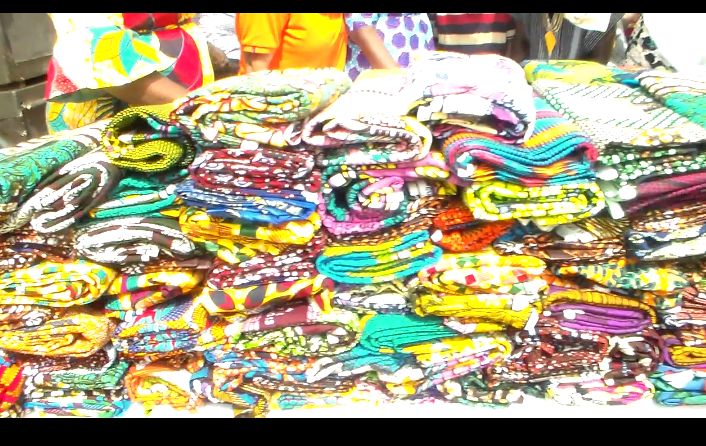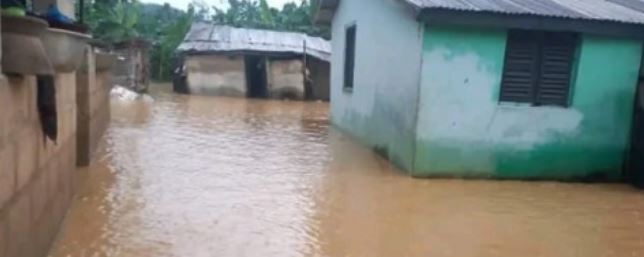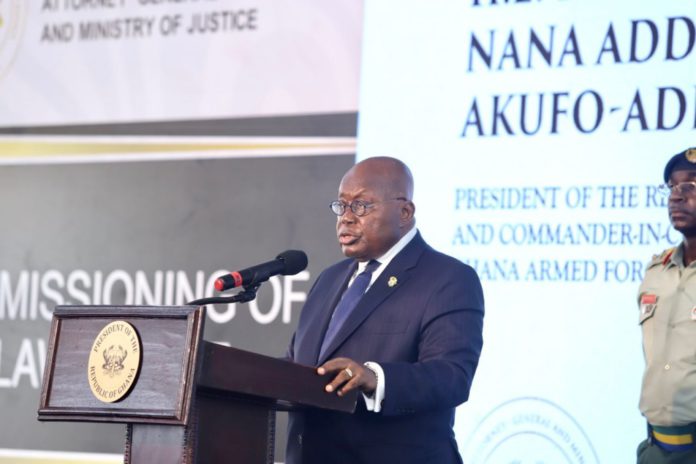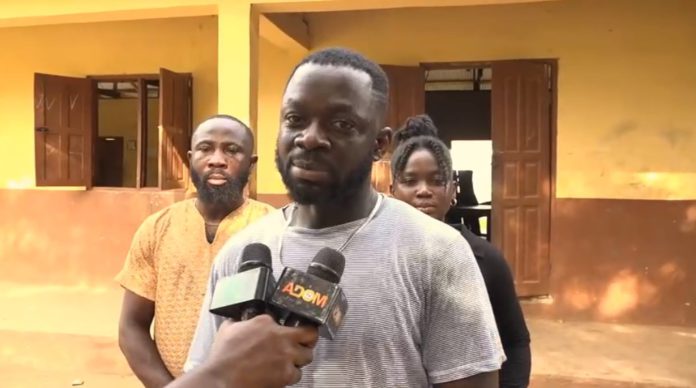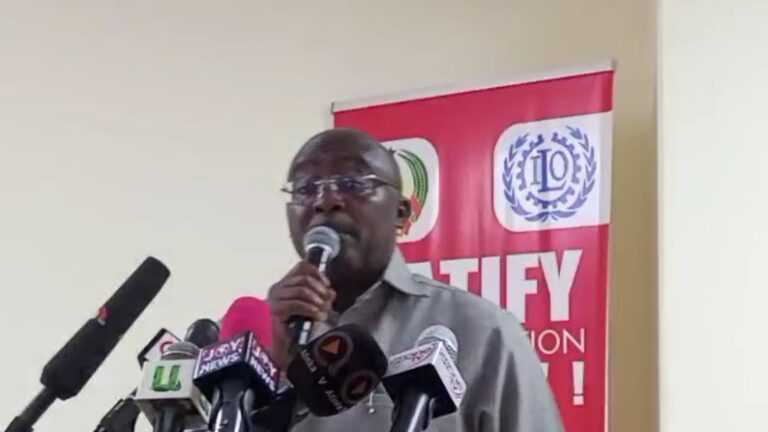Domelevo calls for publication and verification of assets declared by public officials
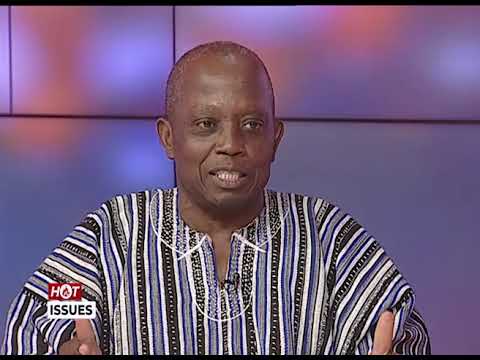
Former Auditor General Daniel Domelevo has called for the publication and verification of assets declared by public office holders.
He says it is important to verify the assets declared to avoid speculative declaration.
Publish the assets, until we do that the declaration is useless. So one, you have to publish and two, verification is also key. if you don’t verify people can make the anticipatory declaration,” he said on the Key Points on TV3 Saturday, July 20 while commenting on the Afrobarometer report.
Mr Domelevo further described the fight against corruption by President Nana Addo Dankwa Akufo-Addo as abysmal.
https://3news.com/news/osafo-maafo-calls-for-review-of-ghanas-asset-declaration-law-says-current-regime-is-opaque/
To him, if the president wants to be seen to be fighting corruption he should be more proactive in finding out from his appointed who among them have acquired state properties.Until that is done, the president cannot be said to be fighting corruption, he said ”
Asked what his assessment of the president’s fight against corruption he said “It is very abysmal, he is not fighting corruption.”
He added “I will credit him for establishing anti-corruption but that is not enough. I think he can be more proactive in finding out how many government appointees have acquired state properties. If he is able to do that then we will say that his man is serious.“What I expect is it doesn’t matter who is involved there must be consequences for corruption and he should also make ani corruption institutions independent and strong.”
He was commenting on the recent Afrobarometer report that states among other things that given the corrosive effects of official corruption on popular support for and satisfaction with democracy the news from recent findings about corruption trends is not good
The report said that in the eyes of ordinary Africans, the problem is getting worse.On average across 39 countries, nearly six in 10 citizens (58%) say corruption levels in their countries increased over the past year, including 82% in South Africa and 87% in Eswatini. Only three countries record majorities who say corruption decreased: Benin (70%), Mali (64%), and Zambia (53%).
“Levels of perceived corruption among political leaders paint a similar picture: Across up to 30 countries for which we have complete data, 38% of respondents say ‘most’ or ‘all’ officials in their president’s office are corrupt, up by 13 percentage points since 2011/2013. Perceptions of widespread corruption show similar increases for members of Parliament (+11 points) and the judiciary (+8 points), with marginal increases of 3 points for local government councillors and civil servants.
Two-thirds (67%) of Africans say their governments are failing in the fight against corruption, and 71% say people who report corruption to the authorities risk retaliation
